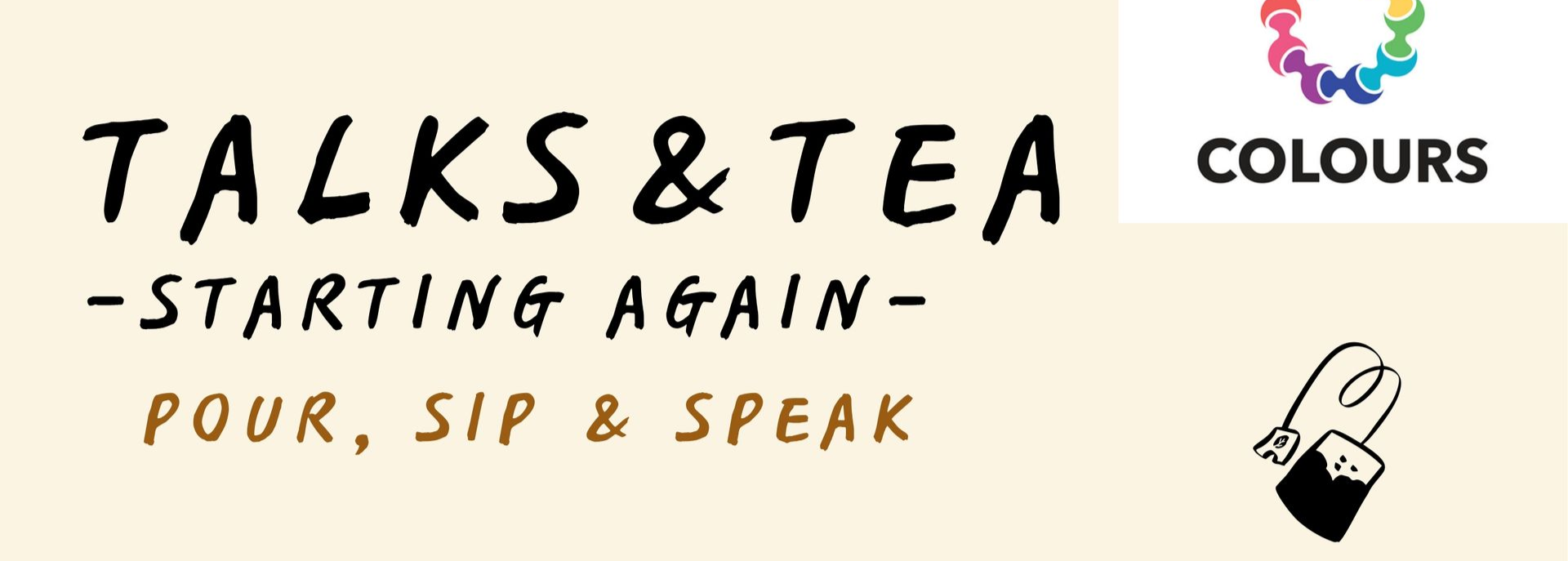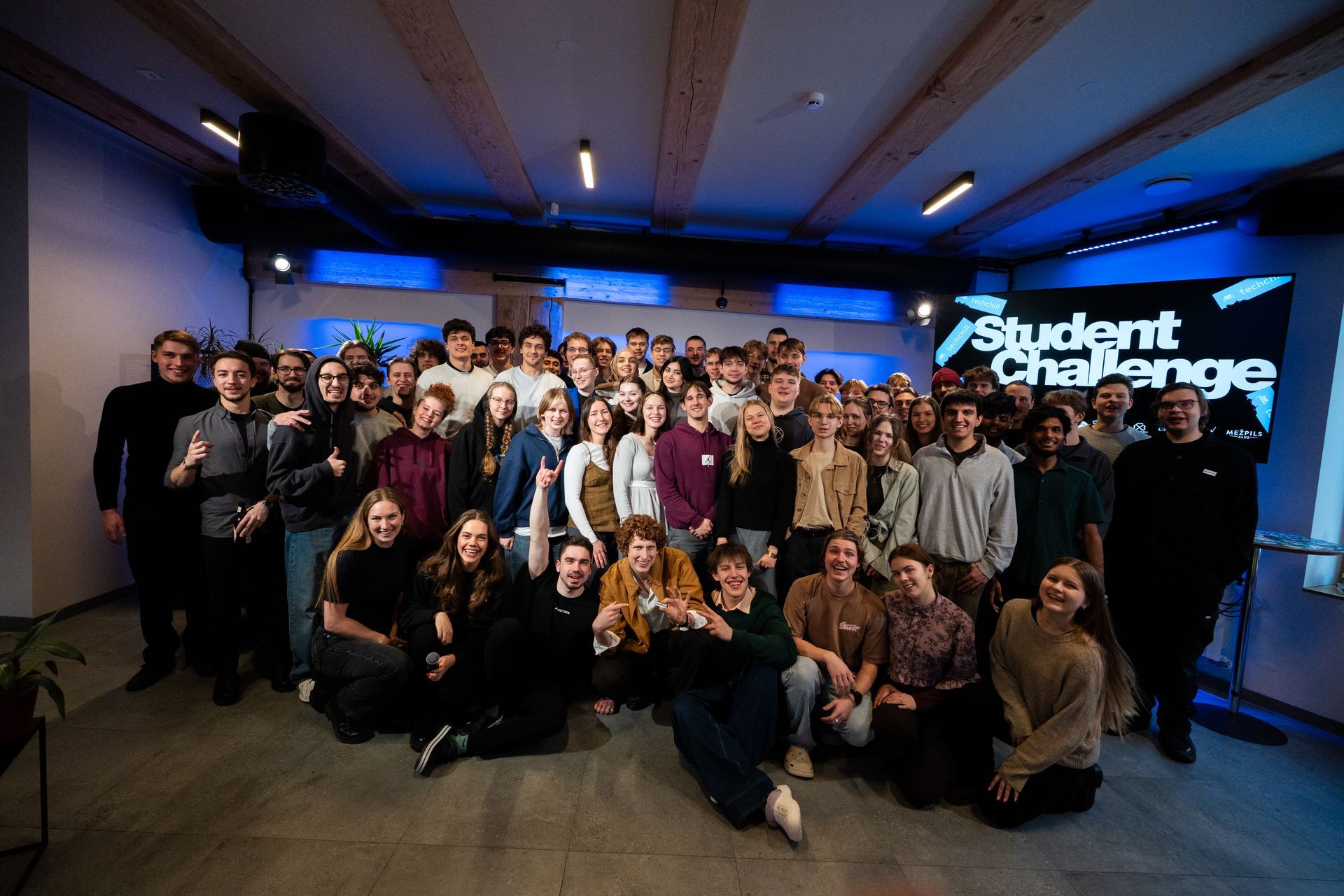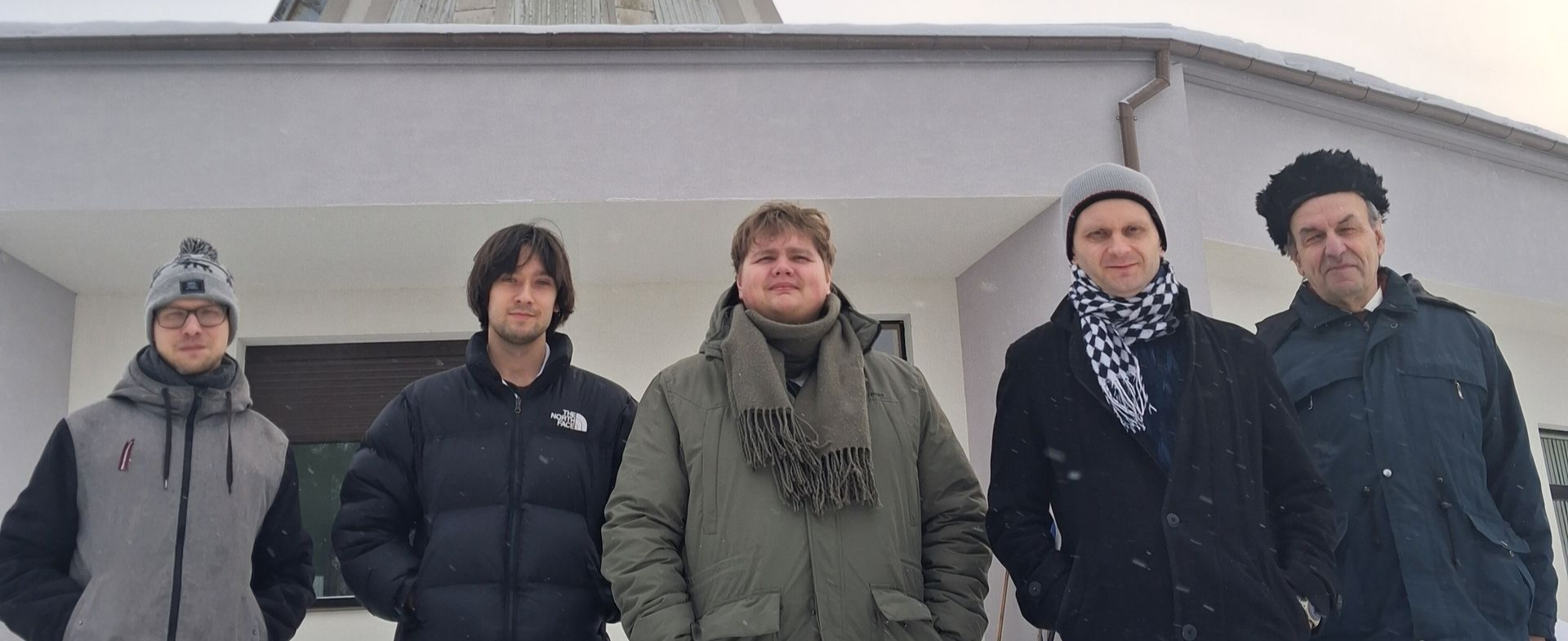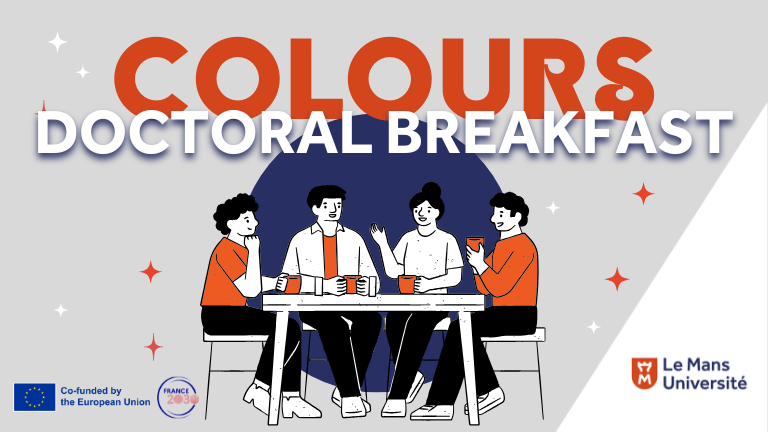Invitation to Speak at the International Cooperation Meeting at Yebes Observatory
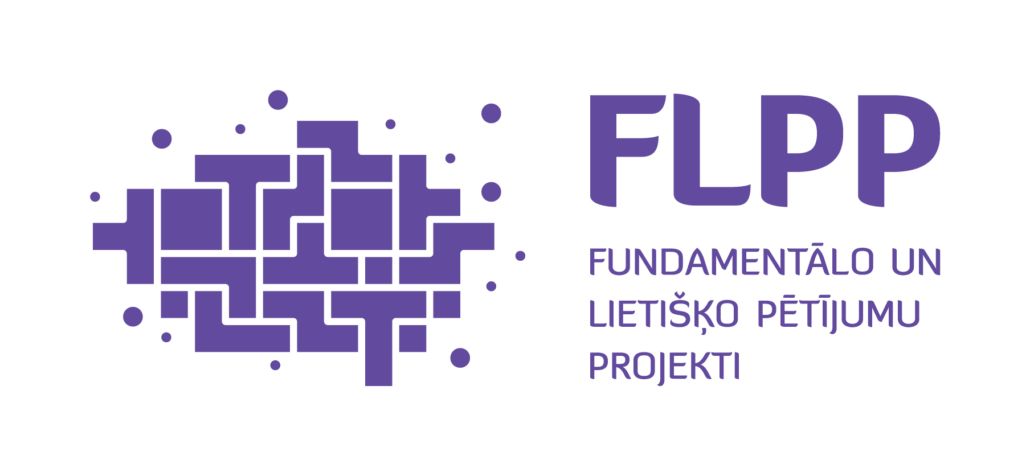

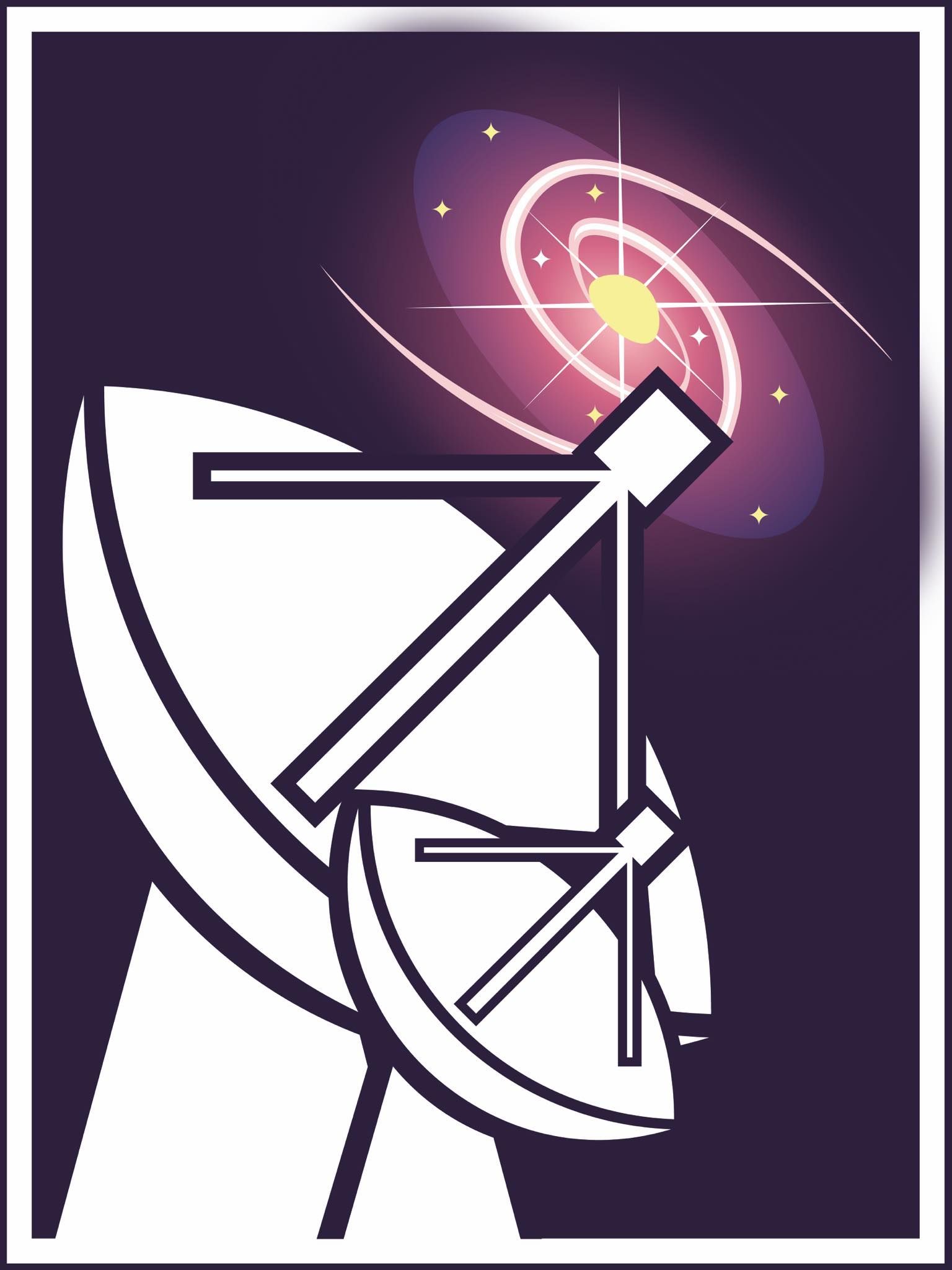

At the end of last year, from December 18 to 21, the Yebes Observatory, located in Spain approximately 60 kilometers from Madrid and home to one of Europe’s largest radio telescopes with a 40-meter diameter, hosted an international cooperation workshop. Among the invitees were Ross A. Burns, a leading visiting researcher, and Artis Aberfelds, a researcher from Ventspils University of Applied Sciences. The meeting, held in person, included representatives from the Yebes Observatory, Santa Maria Observatory in the Azores (Portugal), and our university. Its primary goal was to enhance technical and scientific collaboration among the three countries and observatories, with a particular focus on studying cosmic masers.
The Santa Maria radio telescope is currently used primarily as a geodetic positioning station, leaving ample time for other observation projects. However, the telescope's dish, with a diameter of only 13 meters, is best suited for observing relatively strong natural radio sources, such as cosmic masers. Notably, only a small fraction of such masers are regularly observed, leaving opportunities for other observatories to contribute to these studies. Starting a new research direction is challenging, but the exchange of experience can significantly ease the process. During the workshop, VIRAC researcher Artis Aberfelds presented results from maser studies and observation methodologies implemented in Irbene, sharing expertise in this field. Key challenges in observing cosmic masers were discussed, such as telescope gain stability during observations, the impact of weather conditions, and recognizing the effects of systematic measurement errors.
Potential avenues for scientific collaboration were also identified, with key priorities including the monitoring of 6.7 GHz methanol masers found exclusively in regions of massive star formation and joint efforts in interferometric observations. The Santa Maria telescope’s ability to capture the 12.3 GHz methanol maser line is particularly interesting to VIRAC researchers, as it could provide additional data on sources exhibiting both spectral lines.
Participants had the opportunity to tour the Yebes Observatory complex, located atop a plateau 1 km above sea level. The site houses an optical telescope, a satellite laser ranging station, a gravimetric monitoring station, and two radio telescopes. The smaller radio telescope, with a diameter of 13 meters, is used for geodetic observations, while the larger 40-meter telescope is dedicated to astronomical observations. Both telescopes can be used simultaneously in interferometric mode, similar to the setup at Irbene’s radio telescopes as part of the "Single Baseline Radio Interferometry for Modern Transient Astrophysics" project. The main Yebes radio telescope operates across a wide range of frequencies from 4 to 100 GHz (compared to Irbene's range of 4.5 to 8.8 GHz), enabling higher-frequency observations in the framework of collaboration.
The Yebes Observatory also boasts an impressive electronics workshop, where receivers are designed and built. For example, a new wideband C/X-band receiver operating from 4 to 14 GHz and cooled to 7 K (-266°C) has been developed, with ongoing efforts to reduce the temperature to 4 K, enabling components (including cables) to function in a superconducting state.
At the conclusion of the meeting, potential collaboration areas were discussed, including experience sharing in maser observations, the application of single baseline interferometry, and the exchange of observational data. The participants agreed to jointly develop an observation proposal for utilizing Yebes' 40-meter antenna.
Cristina García Miró, representing the Yebes Observatory, expressed its commitment to developing a joint European Union-level project to ensure intensive and extended collaboration among the three observatories in Spain, Portugal, and Latvia.
Participation in the meeting was funded by the LZP FLPP project “Single Baseline Radio Interferometry for Modern Transient Astrophysics” (IVARS), No. lzp-2022/1-0083.
Share on other platforms
Other news
